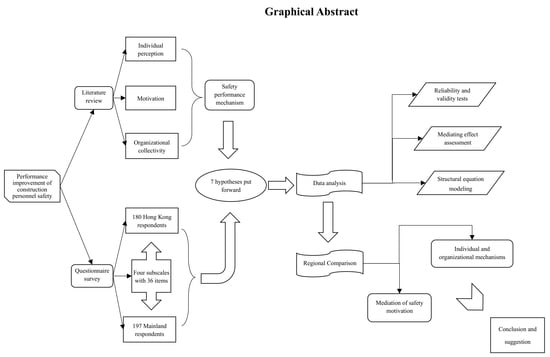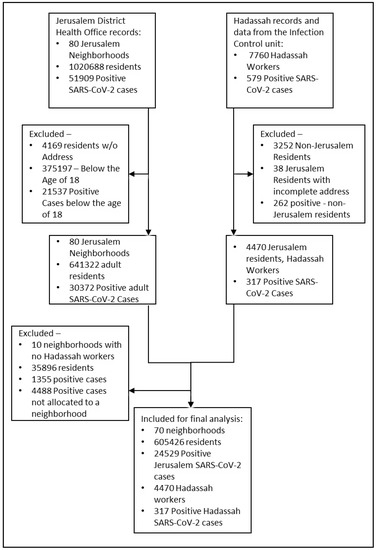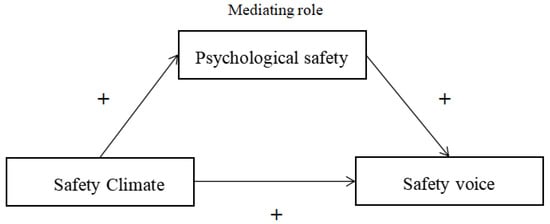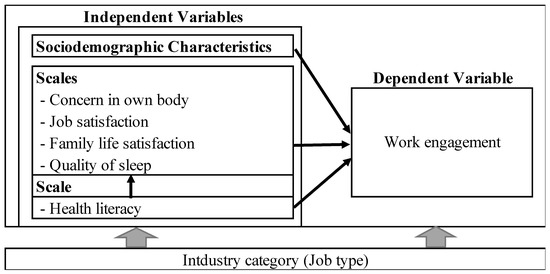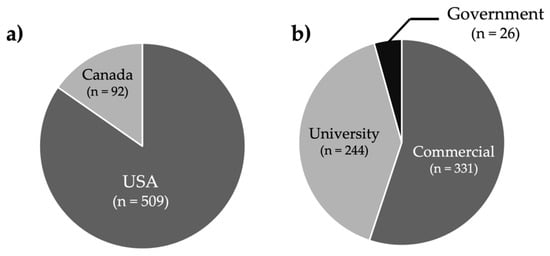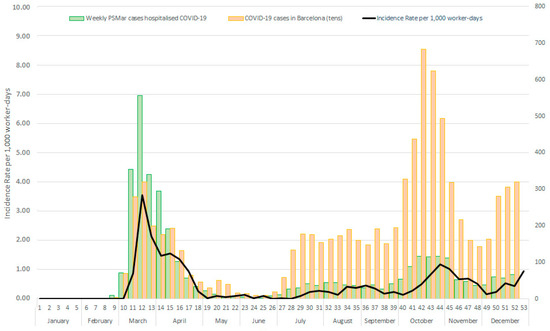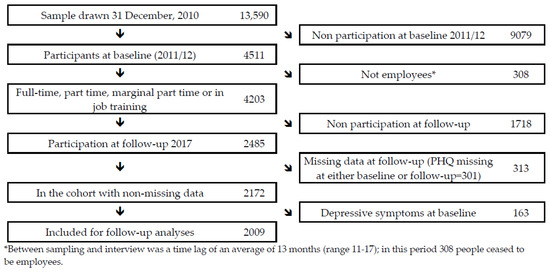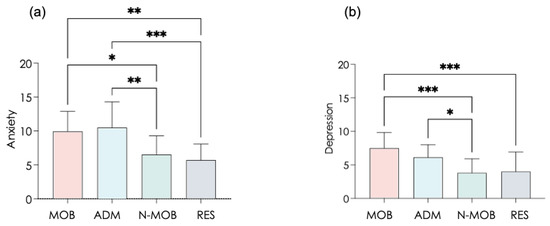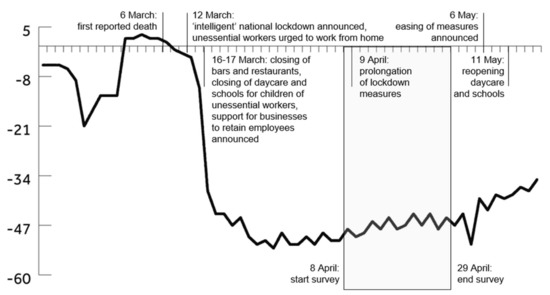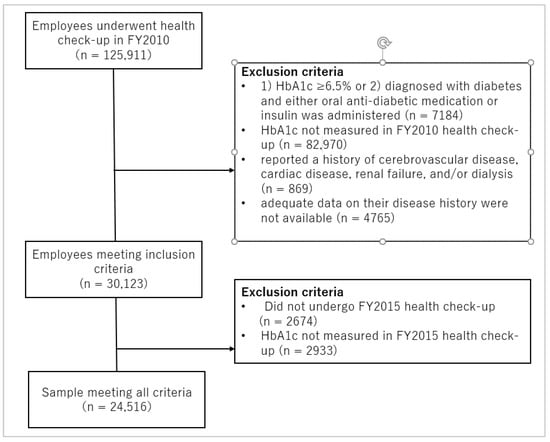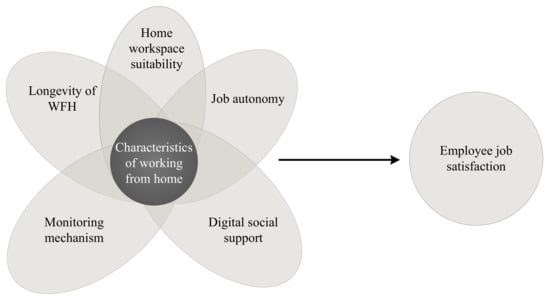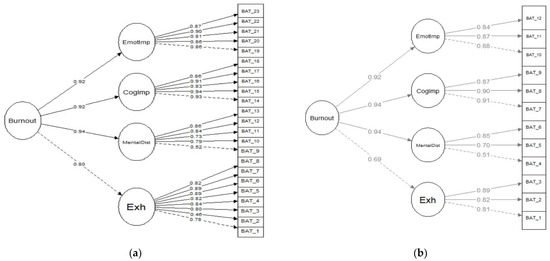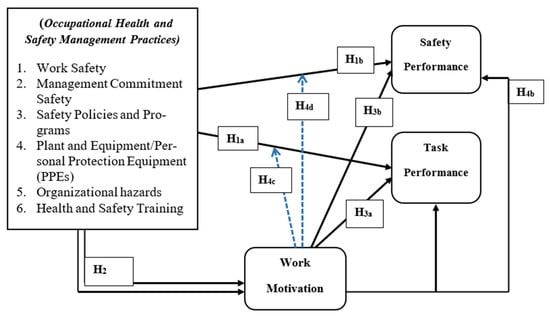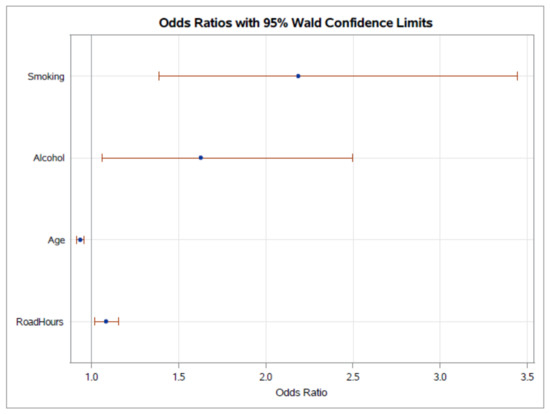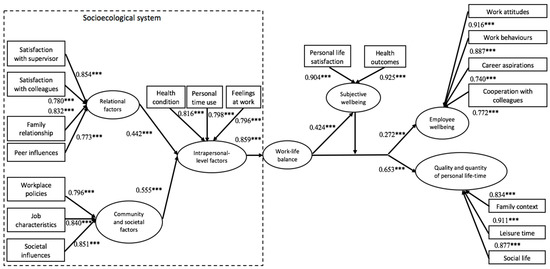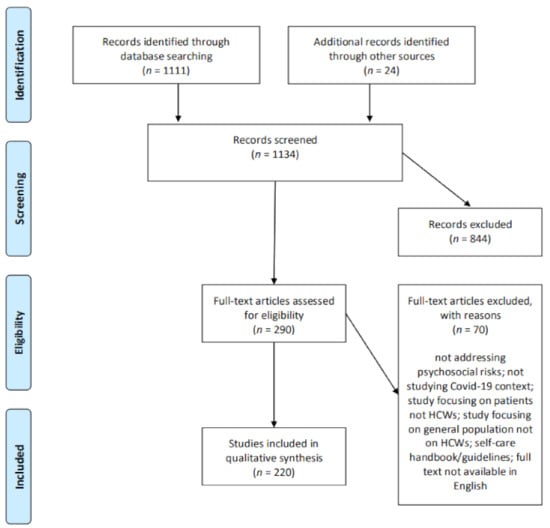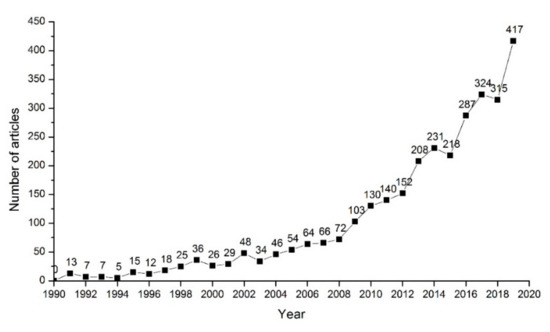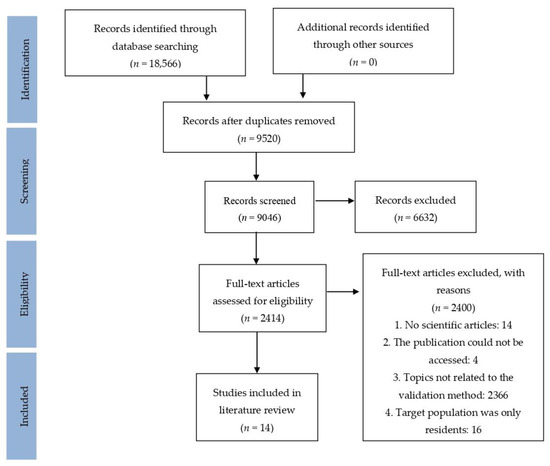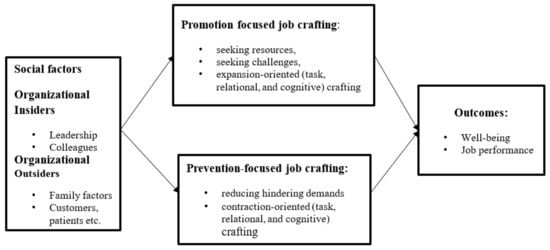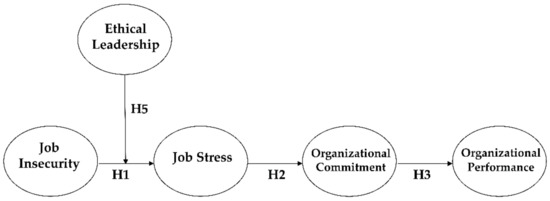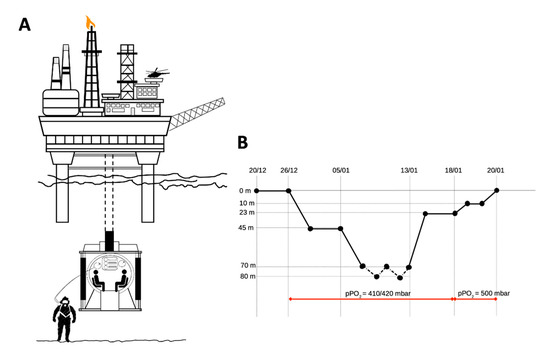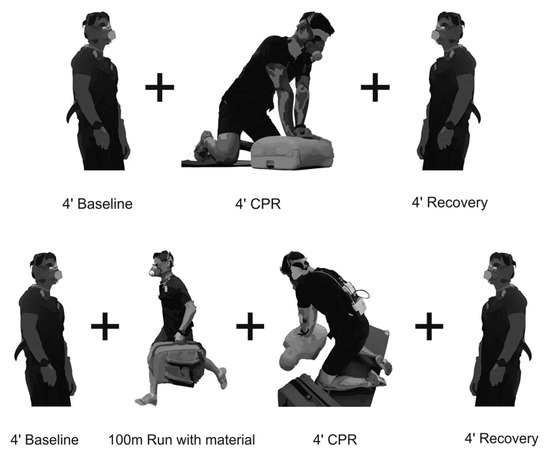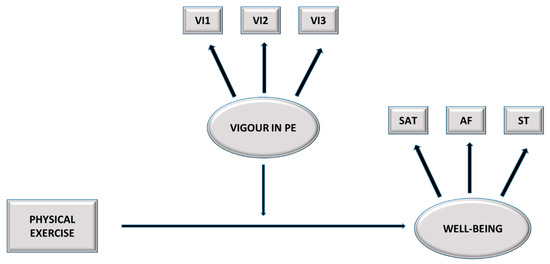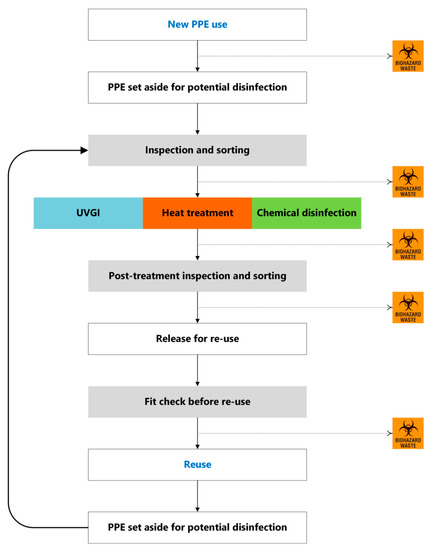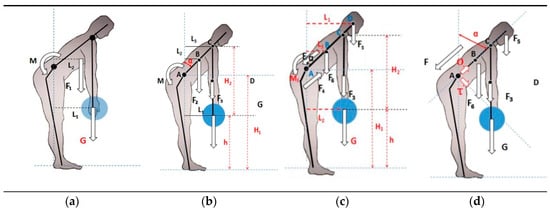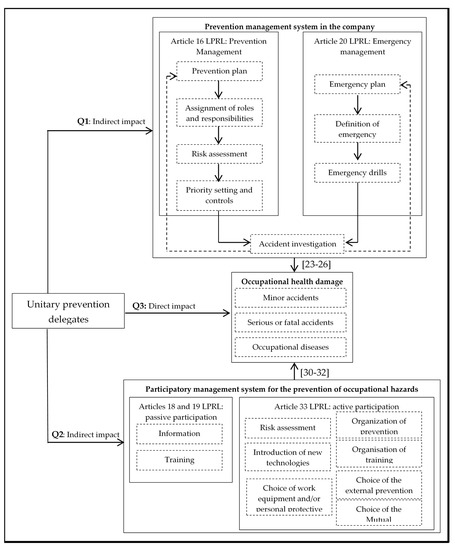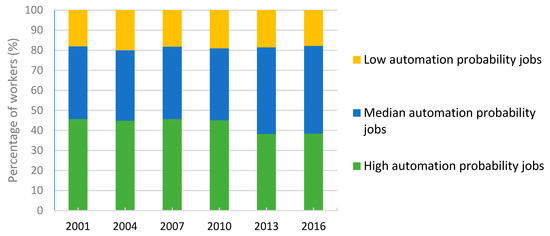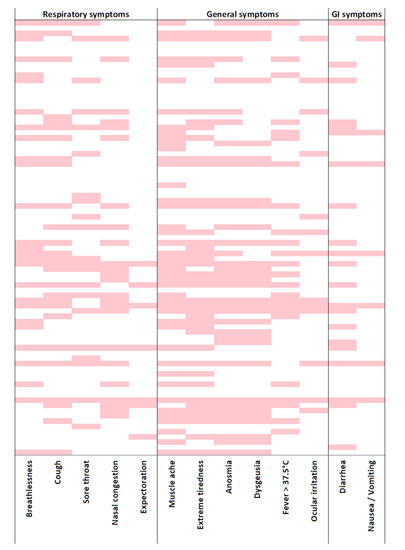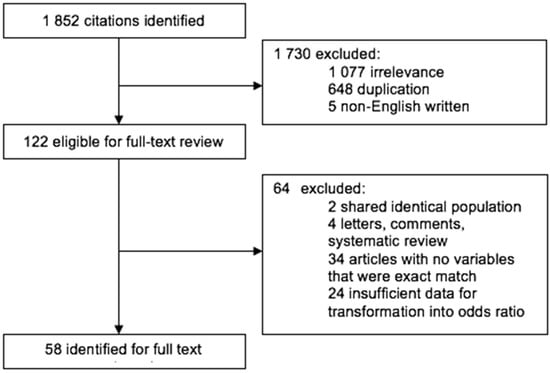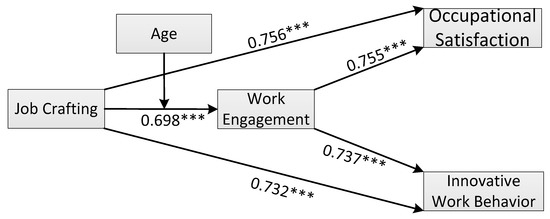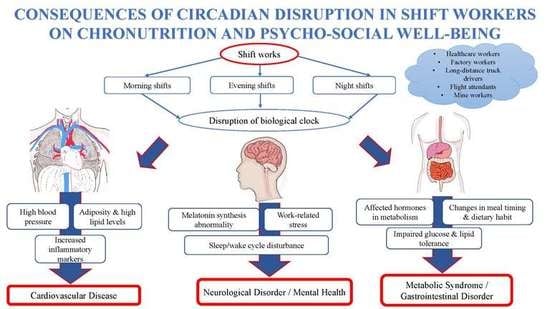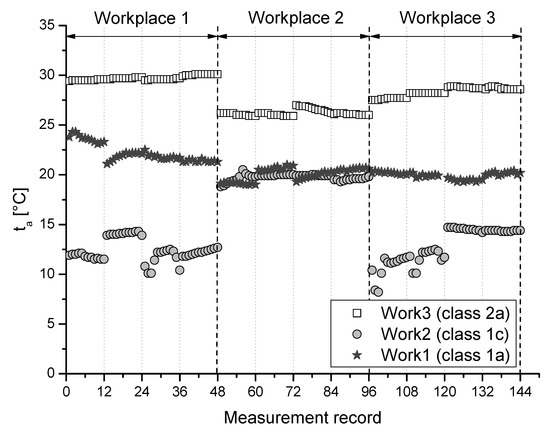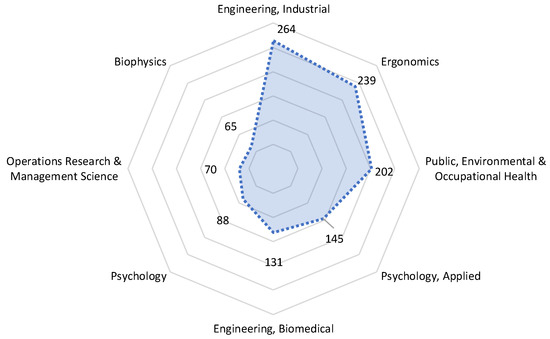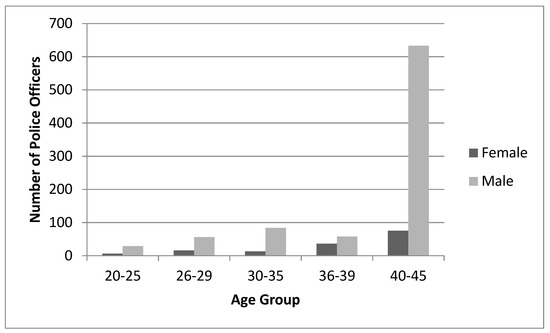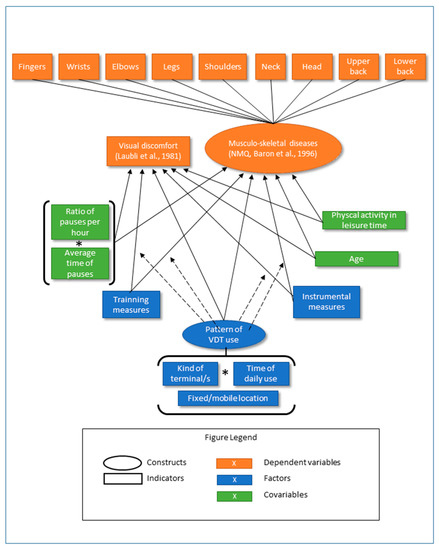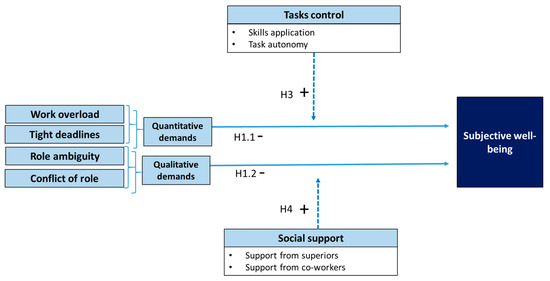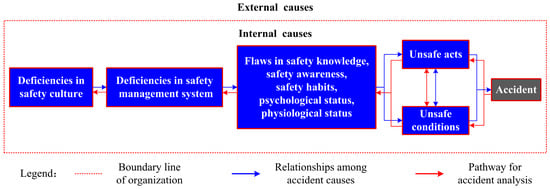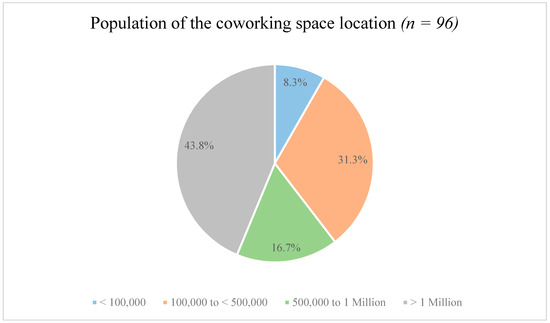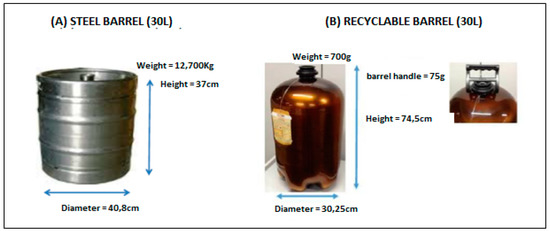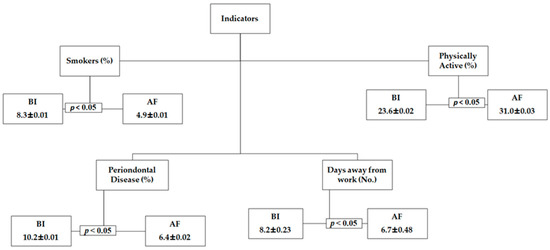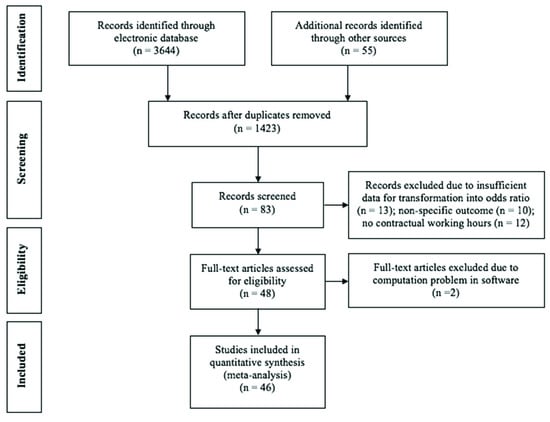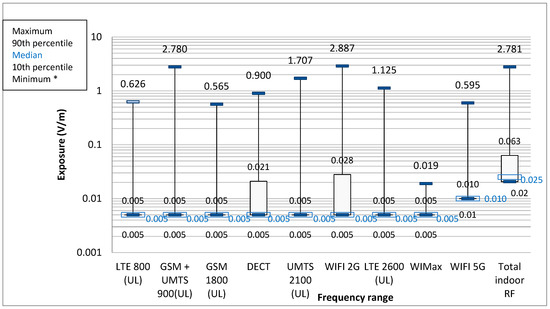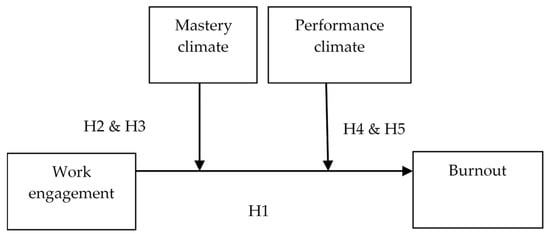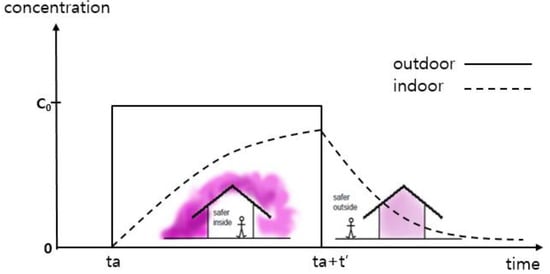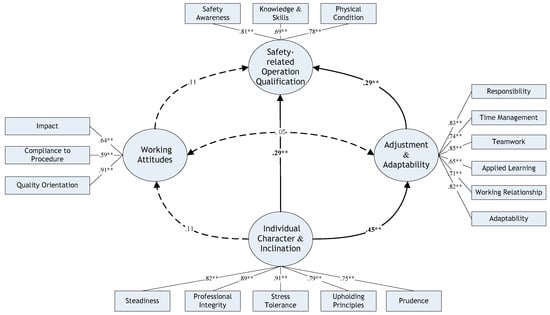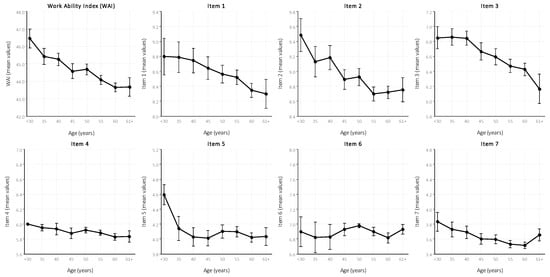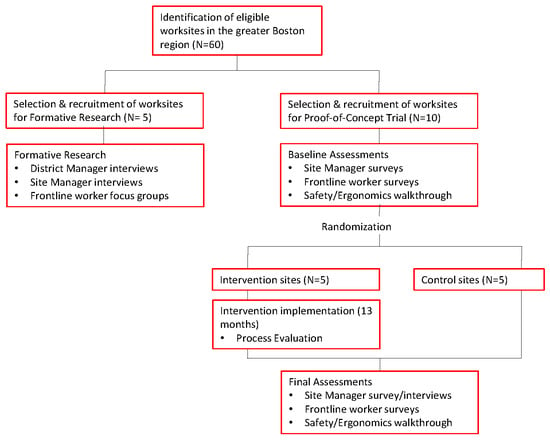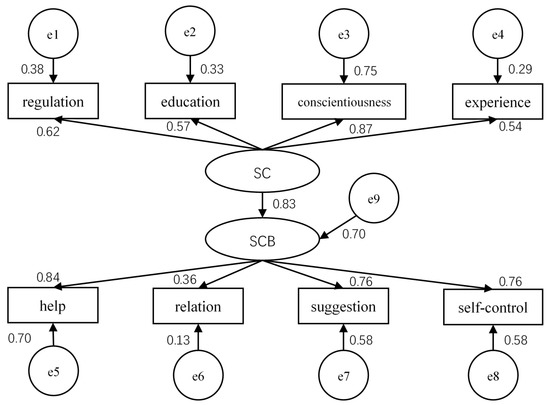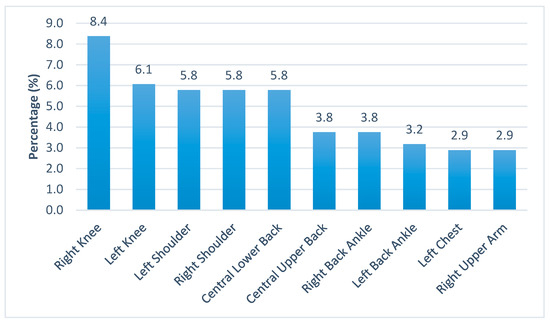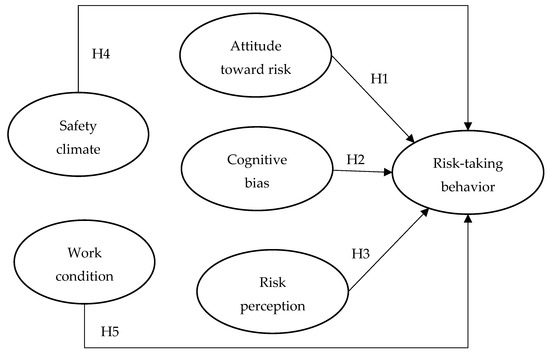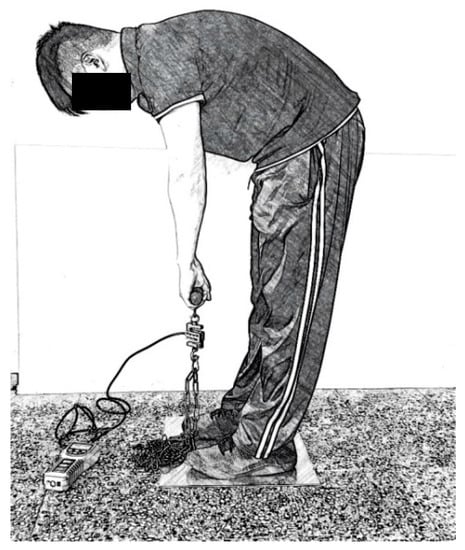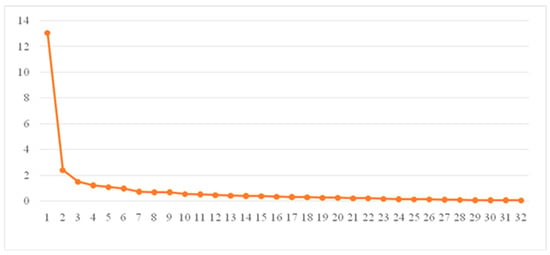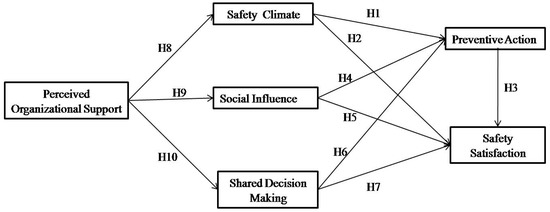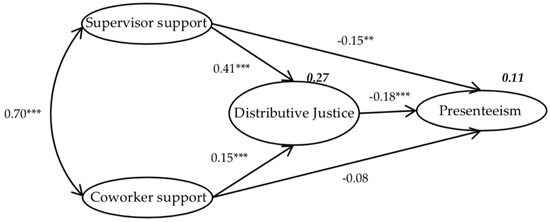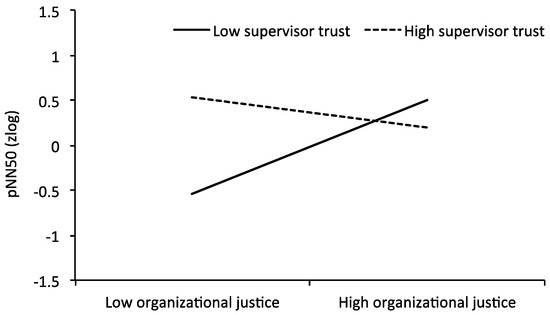Contemporary and Emerging Issues of Occupational Safety and Health (Closed)
A topical collection in International Journal of Environmental Research and Public Health (ISSN 1660-4601). This collection belongs to the section "Global Health".
Viewed by 471754Editor
Interests: human factors and ergonomics; safety and health
Special Issues, Collections and Topics in MDPI journals
Topical Collection Information
Dear Colleagues,
We are organizing a Topical Collection on “Contemporary and Emerging Issues of Occupational Safety and Health” in the International Journal of Environmental Research and Public Health. The venue is a peer-reviewed scientific journal that publishes articles and communications in the interdisciplinary areas of occupational health, safety and human factors. For detailed information on the journal, we refer you to https://www.mdpi.com/journal/ijerph.
Nowadays, the concern with occupational safety and health no longer emphasizes physical health problems, and mental health has gradually become a prevailing issue. Mental health problems are usually intangible and workers struggle to exactly recognize the symptoms. Meanwhile, the repercussions of mental health problems can be unpredictably severe. Physical health and mental health interact with each other. Therefore, it is vital to acknowledge the methods to prevent and minimize the occurrence of both physical and mental health problems.
To exchange information and ideas about occupational safety and health, articles may deal with a variety of research areas, such as risk perception, workplace safety and health, risk-taking behaviour, safety culture, work performance, aging workforce, work capability, and ethical considerations and policy enforcement. In particular, submissions on newly emerging and contemporary research areas, like measurements for physical health and mental health, ergonomic factors and the consequences of occupational burnout and job stress, and work–life balance, etc., are welcome.
This Topical Collection is open to any subject area related to occupational safety and health. The listed keywords suggest just a few of the many possibilities. Please consult the editor for further information.
Dr. Alan H. S. Chan
Collection Editor
Manuscript Submission Information
Manuscripts should be submitted online at www.mdpi.com by registering and logging in to this website. Once you are registered, click here to go to the submission form. Manuscripts can be submitted until the deadline. All submissions that pass pre-check are peer-reviewed. Accepted papers will be published continuously in the journal (as soon as accepted) and will be listed together on the collection website. Research articles, review articles as well as short communications are invited. For planned papers, a title and short abstract (about 100 words) can be sent to the Editorial Office for announcement on this website.
Submitted manuscripts should not have been published previously, nor be under consideration for publication elsewhere (except conference proceedings papers). All manuscripts are thoroughly refereed through a single-blind peer-review process. A guide for authors and other relevant information for submission of manuscripts is available on the Instructions for Authors page. International Journal of Environmental Research and Public Health is an international peer-reviewed open access monthly journal published by MDPI.
Please visit the Instructions for Authors page before submitting a manuscript. The Article Processing Charge (APC) for publication in this open access journal is 2500 CHF (Swiss Francs). Submitted papers should be well formatted and use good English. Authors may use MDPI's English editing service prior to publication or during author revisions.
Keywords
- Aging workforce
- Burnout
- Exhaustion
- Healthcare
- Job stress
- Mental fatigue
- Mental health
- Musculoskeletal disorders
- Non work factors
- Occupational safety and health
- Physical health
- Prevention and protection
- Psychological well-being
- Risk-taking behaviour
- Risk perception and management
- Safety citizen behaviour
- Safety culture
- Safety supervision
- Safety working environment
- Work–life balance
- Work–life conflict






